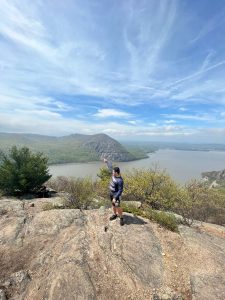If others can do it, why can’t we?

Established practices, the normal processes and the usual its how we have always done things and the fear for change. One can imagine that in the year 2023, after all the progress that we make, humanity would be more receptive and open to change. At least we think we are, but the realities of our existence are not so much reflective of our aspirations.
Being a part of the 77th UN General Assembly Presidency, I am often reminded that we are in a time of crisis management and the need for action-oriented solutions that can deliver real change. I believe that this is more relevant than ever, at least in very personal experience and how I view the world as we are today.
So, how can we achieve this, or the better question should be, how can you and I as individuals achieve this? During the April 12 Briefing on Science-based Evidence in support of Sustainable Solutions, I was able to hear from an official from Rwanda about an initiative in Kigali which really intrigued me. The “Kigali Car Free Day” which is a twice monthly event held on the first and third Sunday of every month. On this day, several roads are blocked off for people to walk, run or cycle freely without interference from motorbikes or vehicles.
How about that for a local-scale initiative that can have tremendous positive outcomes on a wider international scale. Off course, if we tried introducing this in other places, there will always be feedback, always be resistance because we are so used to our usual practices.
But having been inspired by this, I am challenging myself and everyone that will read this to break the norm, think outside the box and don’t hide or hold back ideas on how we can slowly but surely change the world. The only thing holding us back is our fear of failure, but we wouldn’t know whether we will fail or succeed unless we tried!
We have done the talking and we have seen the science, now is a time for action and meaningful transformation because if others can do, so can we!
